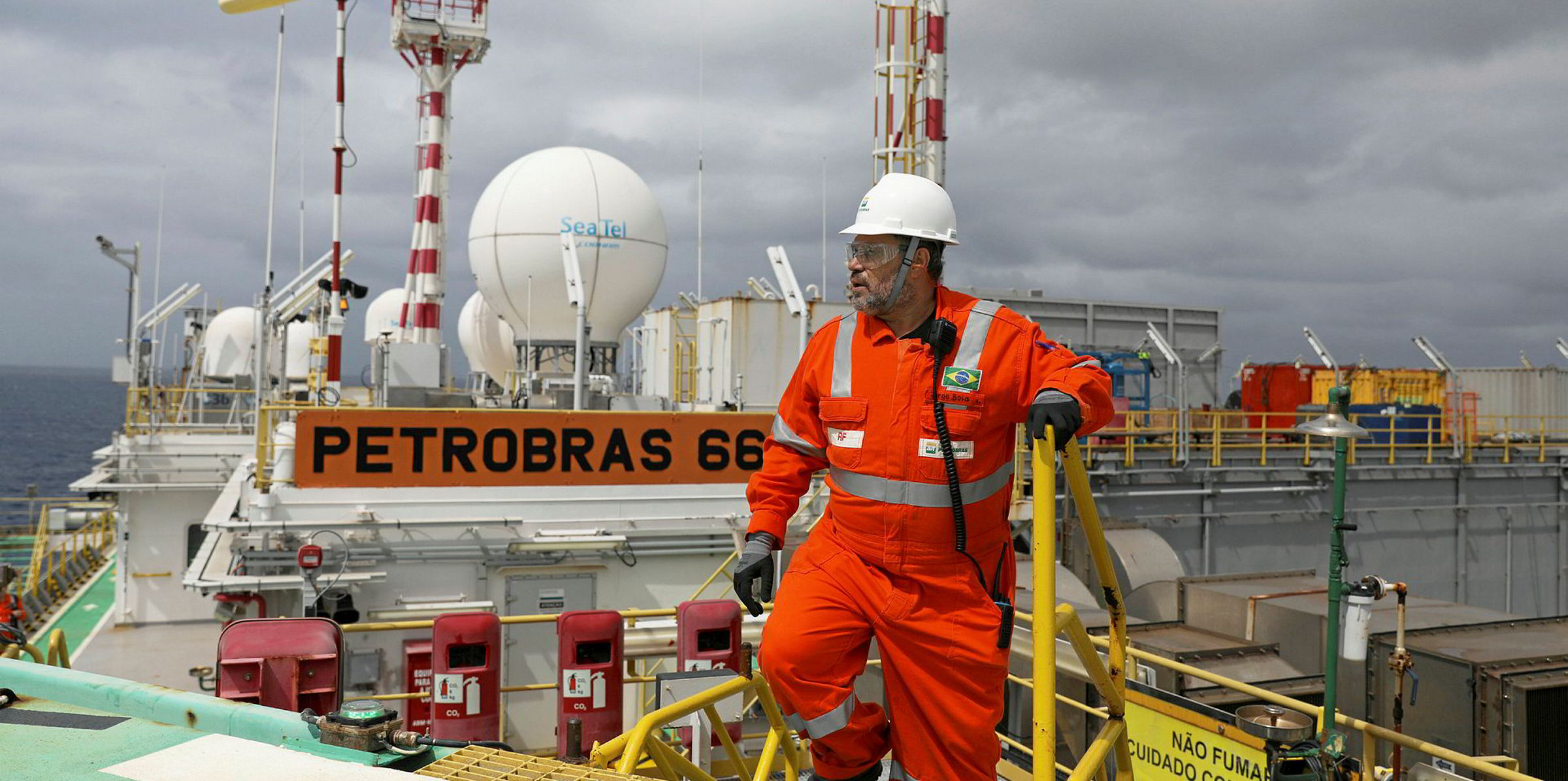Exploratory drilling for oil and gas in Brazil’s deep waters is poised for an uptick after years of static activity, a development that could provide a ray of hope for offshore vessel owners in a battered market.
But any celebrations in Rio de Janeiro this week are due to the city's annual Carnival, as the exploration growth is not likely to lead to significant new offshore support vessel demand.
Petrobras' woes — being mired at the centre of a corruption scandal — combined with a broader oil market slump to inflict more damage on the Brazilian offshore vessel market. But now the government-controlled energy giant is looking to boost its exploration activities.
"For a long time, we have reduced the exploration investments," Carlos Alberto Oliveira, the company's chief exploration and production officer, said in a recent briefing with investors. "But now it’s time to increase it."
As the Rio de Janeiro-based company reported its fourth-quarter results, executives laid out a plan to reduce drilling in shallow water and onshore, focusing instead on boosting deepwater output.
Hungry sector
That will be seen as a positive sign for a sector that has been hungry for a recovery as the market off Brazil's coast languished.
Oliveira said the company wants to increase production in its Santos-based pre-salt fields, while keeping Campos Basin production steady.
Petrobras chief executive Roberto Castello Branco told investors that this focus on pre-salt, where lifting costs per barrel are lower, will allow the outfit to reduce spending but still increase oil production.
"We are confident then that our production will grow during the next five years as projected," he said, noting that output had been flat over the past five years. "As the pre-salt output grows and increases its share on our total production, naturally costs will go down."
Petrobras' oil and gas production in Brazil's waters is expected to slip to 2.3 million barrels per day (bpd) this year, down from 2.53 million bpd in 2018.
But the company has installed six new floating production, storage and offloading units off Brazil in the past 10 months, and Castello Branco expressed confidence it will be able to hit its 5% annual growth target through 2023.
Energy major drive
The company said exploratory spending will surge to $1.4bn in 2019, from just $500m last year.
But with some rigs coming off contract with Petrobras, its additions in 2019 are expected to make a modest impact on OSV demand, analysts said.
More significant will be the contributions of independent oil companies, with drilling growth particularly by Shell in the frame.
“Is Brazilian activity going to get better? I think there is a hope that it will. It is expected to be driven more by integrated energy companies than Petrobras,” said Gregory Lewis, a shipping and oil services analyst at investment bank BTIG.
When Louisiana owner Hornbeck Offshore Services reported its fourth-quarter earnings last month, chief executive Todd Hornbeck said his company's high-specification OSV fleet in the country is well positioned to take advantage of a recovery.
"The scandals that have paralysed Brazil over the past several years appear to have subsided, as the nation has made political and other changes that we think will bode well for its offshore energy future," he told analysts.
But while he said he expects the recovery to take place, his outlook is tempered by the "many different forces" that could derail a rebound.
Others are even less optimistic that Petrobras' efforts to boost production will lift the OSV market in Brazil.
"I think there is still overcapacity," said Shane Guidry, chief executive of New Orleans-based OSV owner Harvey Gulf International Marine.





